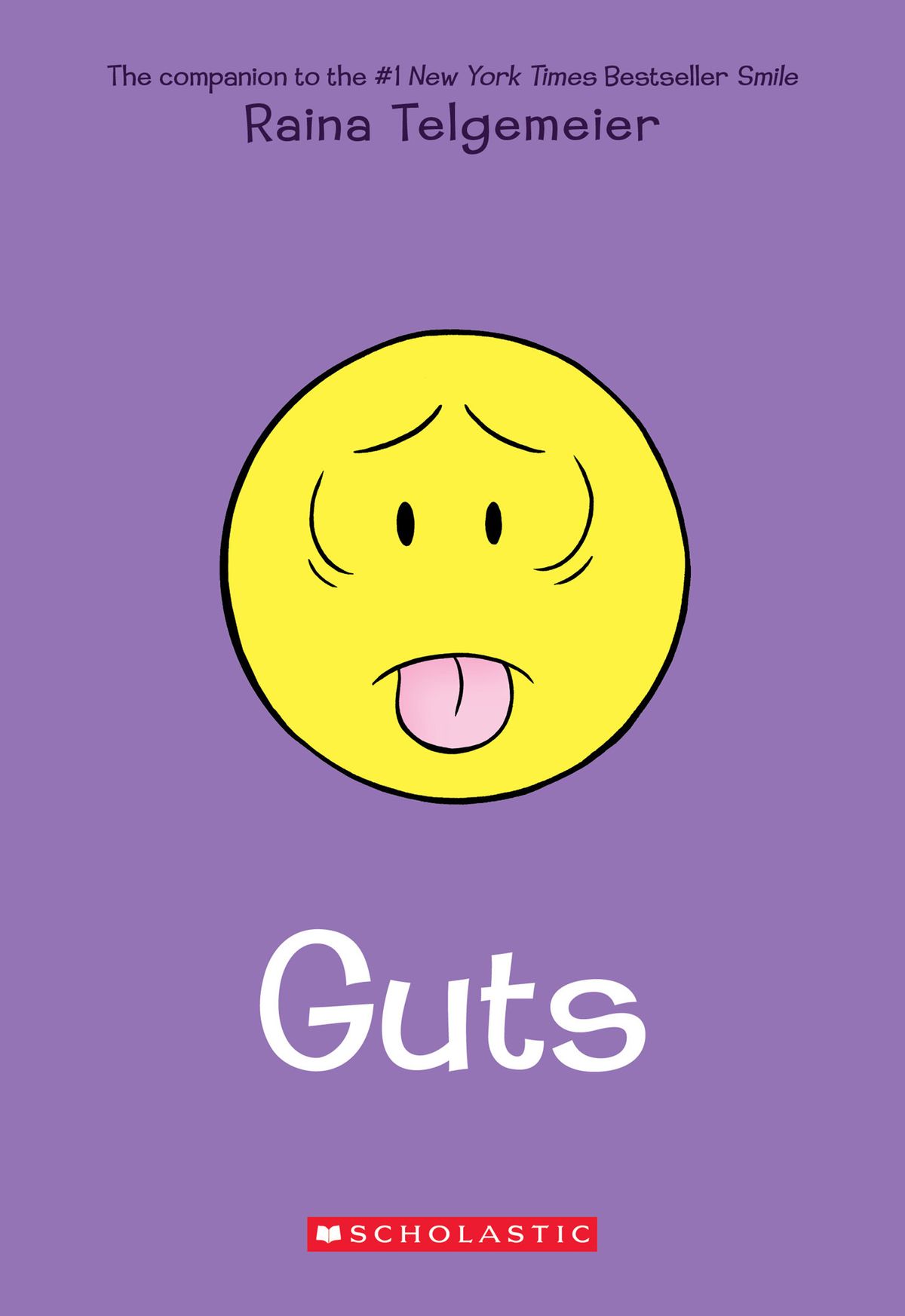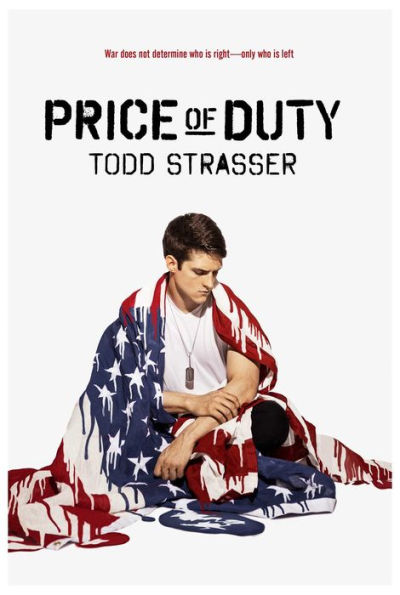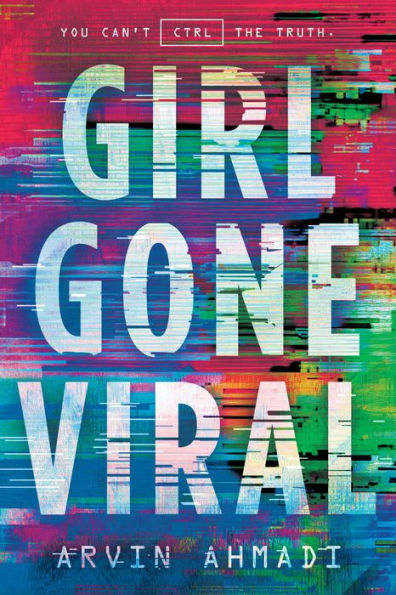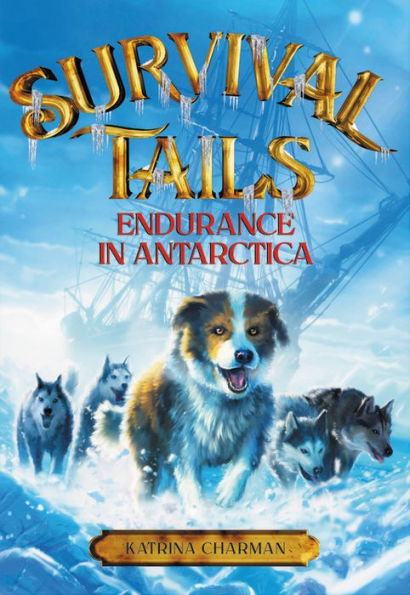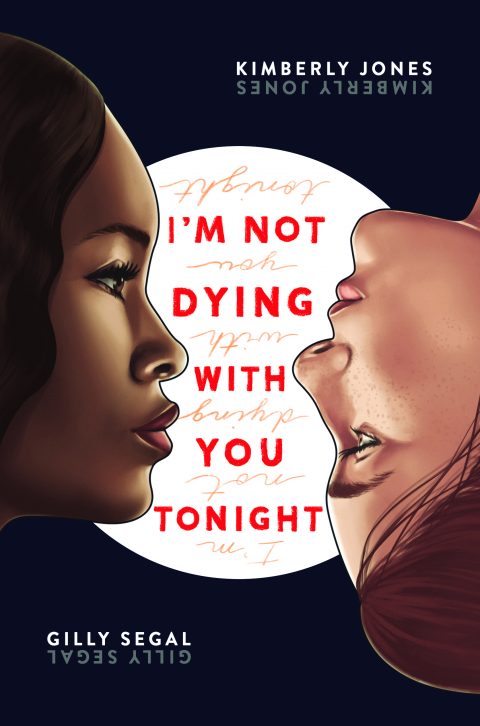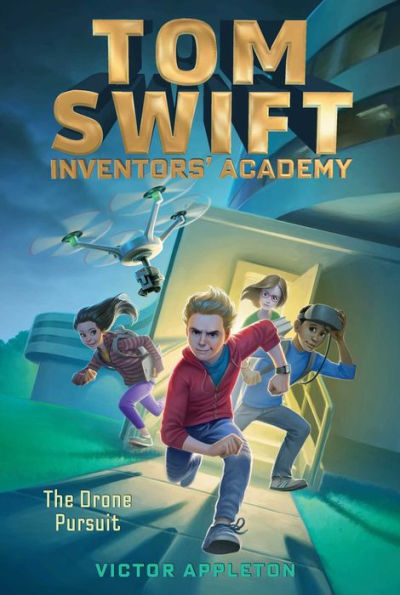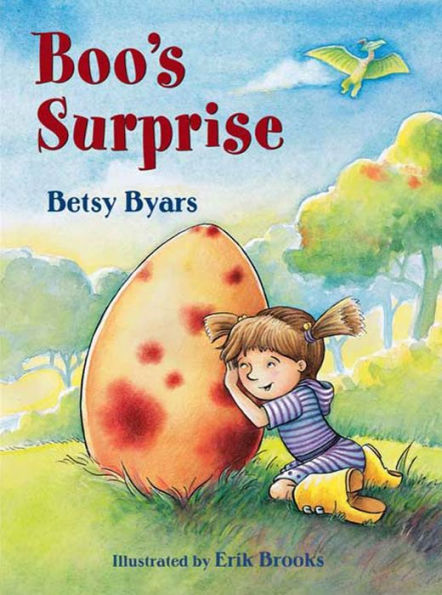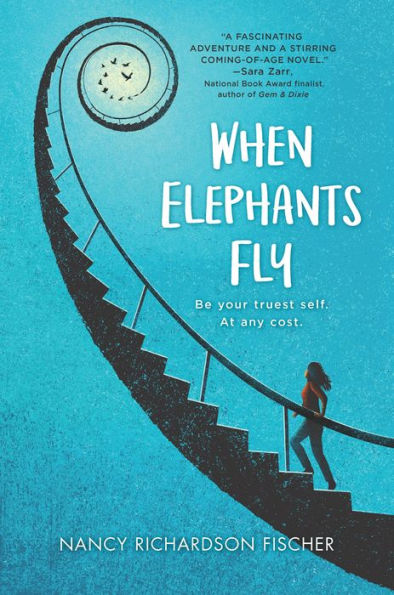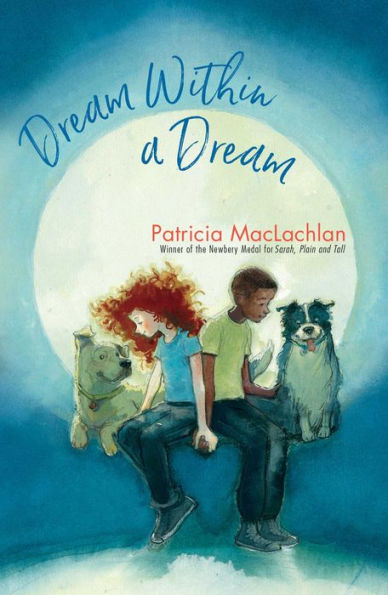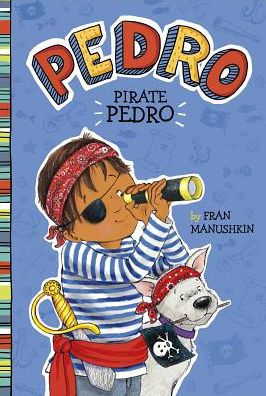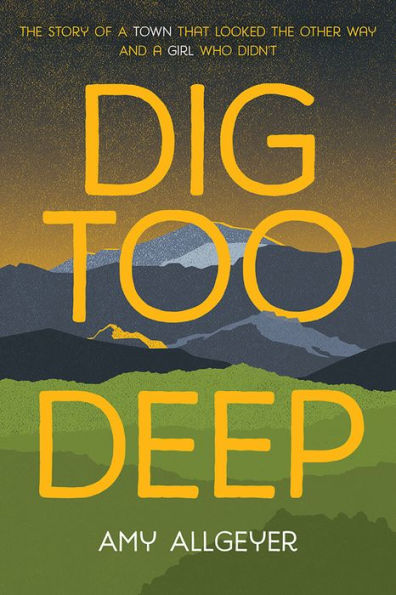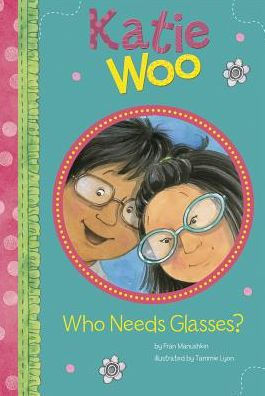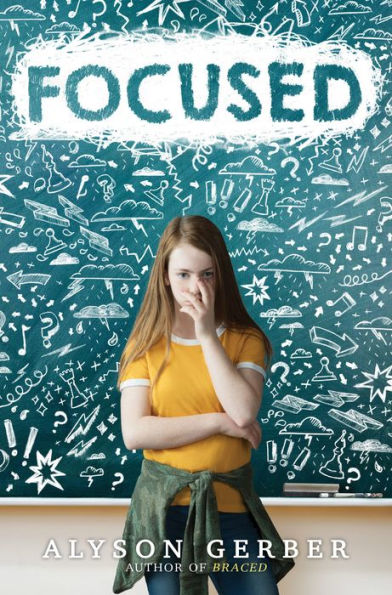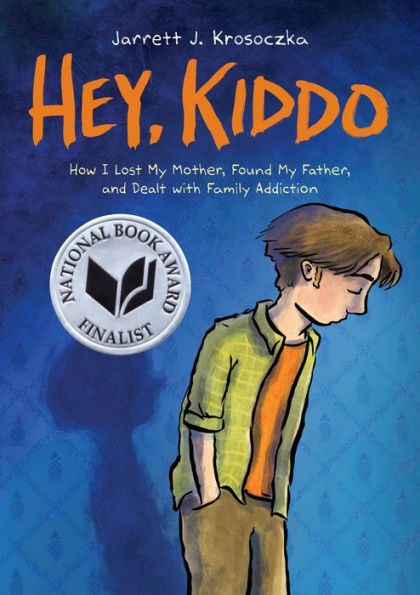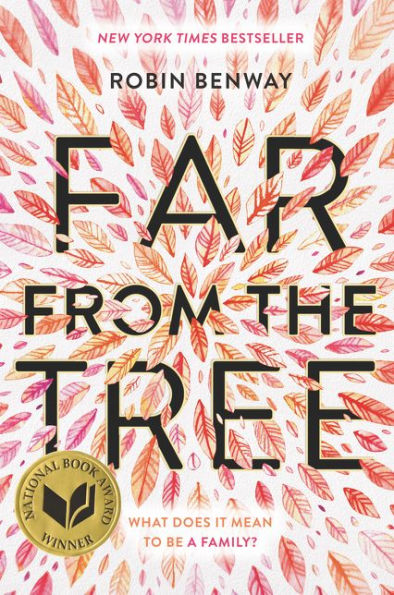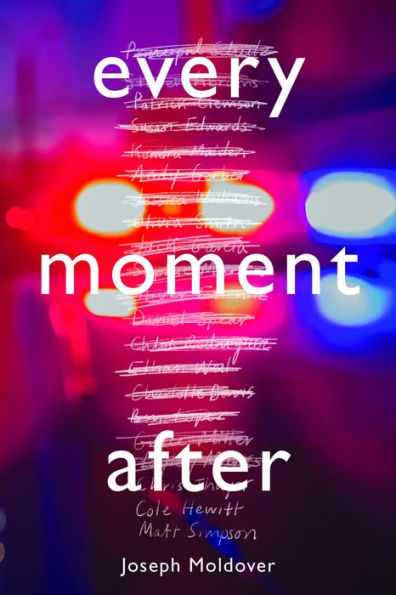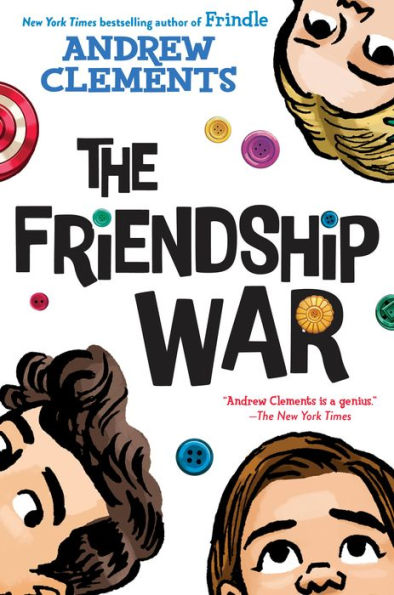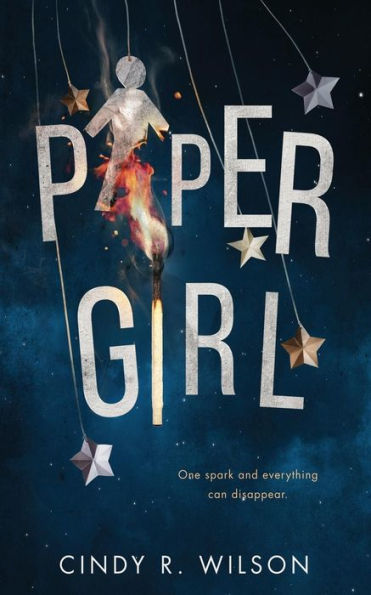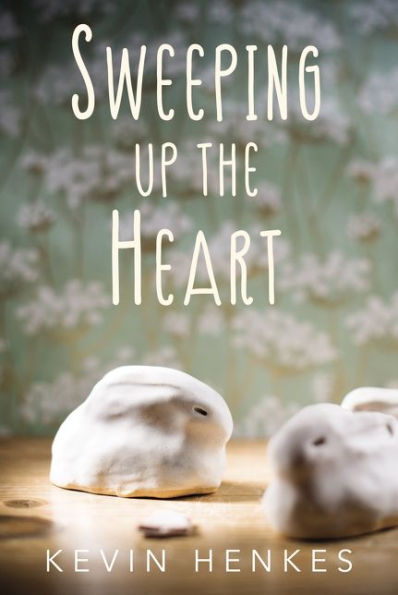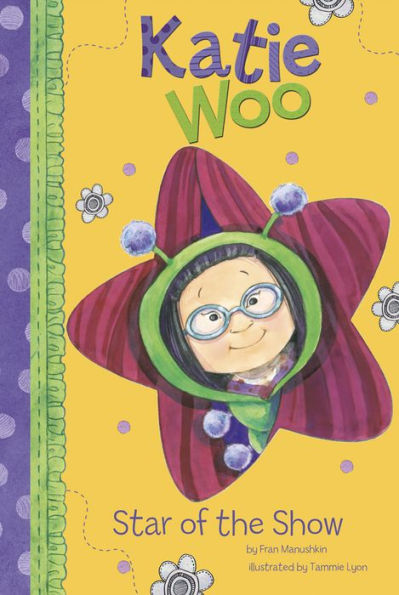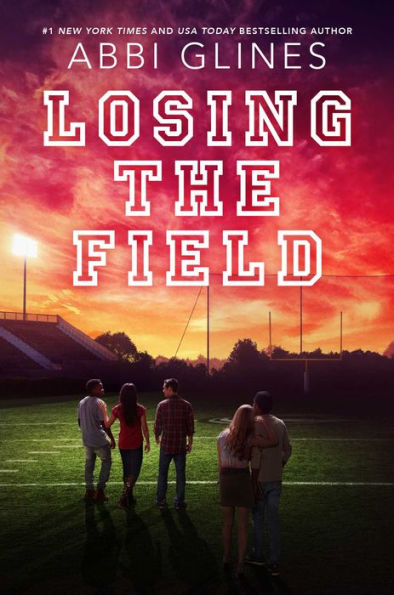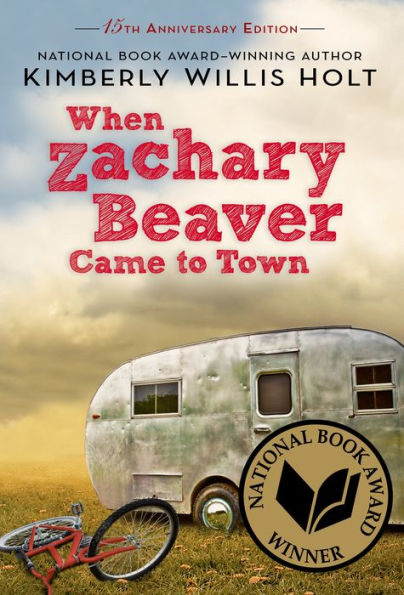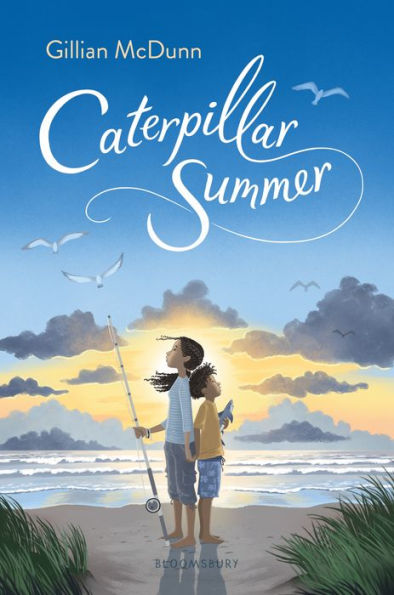Not everyone’s family is the same. Jarrett learned this at a very young age. Most of his classmates had a mommy and a daddy. But Jarrett’s family life is complicated. His mom is an addict who jumps in and out of his life. His dad is a mystery—Jarrett doesn’t even know his name. Jarett lives with his grandparents. Although his grandparents loved him, they could be very impatient and opinionated.
Now that Jarrett is a teenager, he wishes his life were normal. His grandparents send him to a Catholic high school, where he doesn’t know anyone. Jarrett’s trying to navigate a new high school, a drug-addicted mother, and new adolescent freedoms. Jarrett lives in a home where no one talks about his past, his parents, or his problems. Art is the only thing that brings Jarrett a sense of accomplishment. When Jarrett finally gets his driver’s license, he decides to confront his father and find his own identity.
Hey, Kiddo is a powerful memoir in a graphic novel format that explores the painful effects of drug addiction. Throughout the story, the author shares artifacts from his youth, including original letters from his mother and drawings he created when he was young. The easy-to-read format shows Jarrett’s narration and thoughts in burnt orange boxes to distinguish them from the conversation bubbles. The drawings appear in shades of gray with splashes of burnt orange. Although the drawings are not beautiful, they perfectly convey the dark tone, Jarrett’s hectic life, as well as show the array of negative emotions the characters feel.
Although Jarrett’s grandparents clearly love him, they are far from perfect. His foul-mouthed grandmother is often more concerned with her television shows than Jarrett. Jarrett’s grandfather is emotionally unavailable but teaches Jarrett about the value of hard work. The one constantly good thing in Jarrett’s life is his next-door neighbor and best friend. The two boys are completely different but stick by each other through difficult times. The story highlights that people do not have to be perfect to have a positive impact on someone’s life.
Many readers will be able to relate to Jarrett’s complicated relationship with his family. When it comes to his mother, Jarrett feels anger, hate, resentment, and love. One example of Jarrett’s conflicting emotions is when he has a hard time picking out a Mother’s Day card for his mom because no cards fit their relationship. Jarrett thinks, “Hallmark didn’t make cards that said, ‘Even though you did all of those drugs, you’re still a swell mom!’ or cards that read, ‘Hey, remember all that time you spent in jail and missed, like, every aspect of my childhood.’”
Even though Hey, Kid is a graphic novel, it contains mature themes and language. While the sentences on each page are short and simple, the words have an impact and highlight the harsh environment in which Jarrett lived, as well as the often frightening events in Jarrett’s life. The book ends with a detailed author’s note explaining more about his life. In the author’s note, Jarrett says, “Your childhood realities do not have to perpetuate themselves into adulthood, not if you don’t let them.” Hey, Kid is an impactful story that will make readers think about the true definition of family. Jarrett’s memoir is both heartbreaking and hopeful because it proves that circumstances do not have to define you.
Sexual Content
- When Joe went on his first date with Shirley, they kiss.
- Jarrett explains how his birth parents met. His mother met a man at “my father’s family’s bar. . . However they found each other, they did, and they managed to hide it from my father’s girlfriend. And then my mother got pregnant. . .My father backed off, claiming that the baby wasn’t his. Supposedly, his girlfriend started spreading stories about how my mother had been sleeping around, so the baby could belong to anybody. And sure, she had been sleeping around, but my mom knew he was the father as soon as I was born—I was white. All of her other boyfriends hadn’t been.”
- When Jarrett was little, he walked into his mother’s room when she was in bed with a man. His mother yelled at him, “I told you not to come barging in here! Get back to your room!”
- While watching the Price is Right, Jarrett’s grandmother watches a contestant go to the front, and she says, “Well this one looks like a tramp with her tits all flapping about.”
- When Jarrett is getting dressed in the locker room, a boy laughs at Jarrett’s chest hair and says, “Nice chest vagina.”
- A comic that Jarrett drew was printed in the newspaper. The comic shows two people getting ready to go into a dance. One boy’s quote bubble says, “Hey man, you got any protection?” The other boy’s quote bubble says, “What kind? Guns, knives, or condoms?”
- Jarrett paints a mural of Napoleon, the school mascot. The light switch is on Napoleon’s private area.
- Jarrett goes to a party where kids are drinking alcohol and one couple is making out. Someone yells, “Dude! Get a room!”
Violence
- Two men show up at Jarrett’s mom’s house covered in blood and holding a knife. Although there are no words, the pictures show Jarrett’s mom helping the men clean up and dispose of the bloody clothing.
- Jarrett’s hand gets stuck in an escalator, and someone pulls it out. The picture illustrates Jarrett’s bloody hand. His grandmother asks him, “What the hell were you thinking?” When he goes to school, Jarrett’s middle finger is sticking up in a huge bandage.
- At a pool party, Jarrett and his friends put a flame to hairspray and accidently catch a stuffed animal on fire. They throw the stuffed animal in the pool.
- Jarrett’s mother introduces Jarrett to her boyfriend. She tells Jarrett, “He had a tough childhood, watched his mother burn to death.”
- After the cops show up at a party, Jarrett runs. Several boys see him walking and beat him up. A boy said, “You were looking at my girlfriend?” The fight is drawn over two pages. One boy holds Jarrett’s friend so he can’t help. Three other boys start punching Jarrett.” When Jarrett gets home, his grandfather tells him, “I told you nothing good happens after 11. . . This is what happens when you go ‘out.’ Now go to bed.”
Drugs and Alcohol
- Often when Jarrett’s grandfather came home from work, “the front door would open and the smell of alcohol would fill the house.”
- When Jarrett’s grandmother “was rally drunk” she used “foul language.” Once she tells Jarrett and his grandfather, “You are all a bunch of fecking assholes!
- Jarrett’s mother was an addict, and “she’d steal anything to sell it for heroin.” Once, Jarrett’s grandfather sees a notice in the newspaper. After reading it, he tells Jarrett, “Well, if you were wondering where your mother has been, her name is here in the paper. They found her O.D.’d face down on the pavement.”
- Jarrett and his grandparents go to a restaurant. Jarrett jokingly tries to order a “Southern Comfort Manhattan, gray with a twist, rocks on the side.” Jarrett says, “I had my grandparents’ drink order memorized. Ice on the side so they could fit more liquor in the glass.”
Language
- Profanity is used often throughout the book. Although most of the characters use profanity occasionally, Jarrett’s grandmother uses it to the extreme. Profanity includes assholes, bitch, bastard, damn, goddamn, hell, holy crap, piss, fuck, son of a bitch, and shit.
- When Jarrett’s mother found out she was pregnant, his grandmother “called her some terrible names.” Jarrett’s grandmother’s words are in large, orange letters and include: “goddamn mulatto baby! slut! You whore! prostitute! Hussy! Tramp!”
- Jarrett’s grandmother calls her husband a “son of a bitch and a bastard.”
- Oh dear God, for Christ’s sake, Jesus Christ, and Jesus, Mary and Joseph are used as exclamations often.
- Jarrett’s mother was caught stealing, and she and Jarrett are taken to the police station. Jarrett’s grandfather tells her, “Les, you stay on this track and you’re gonna fuck up so bad that he’ll be taken into custody.”
- A boy calls Jarrett a “wussy.” A different boy calls Jarrett a “faggot.”
- While at the cemetery, Jarrett’s grandmother tells him, “And when I’m gone, I’m sure everyone will be saying ‘Thank god that bitch is dead.’”
Supernatural
Spiritual Content
- Jarrett’s grandfather would go by the cemetery to see his parents, and “he always makes sure we stop and say a prayer for them whenever we are here.”
- When Joe and Shirley married, their parents weren’t happy about the union. “It was a controversial union—Joe’s parents were Catholics who’d immigrated to the U.S. from Poland, while Shirley’s parents were Protestants who’d immigrated from Sweden.
- Jarrett attends Holy Name, a Catholic high school. While at the Catholic School Jarrett is bullied by older boys. Jarrett tells his grandfather that “Holy Name is filled with a bunch of assholes.”
- Jarrett’s half-sister asks if Jarrett will be at her first communion.
